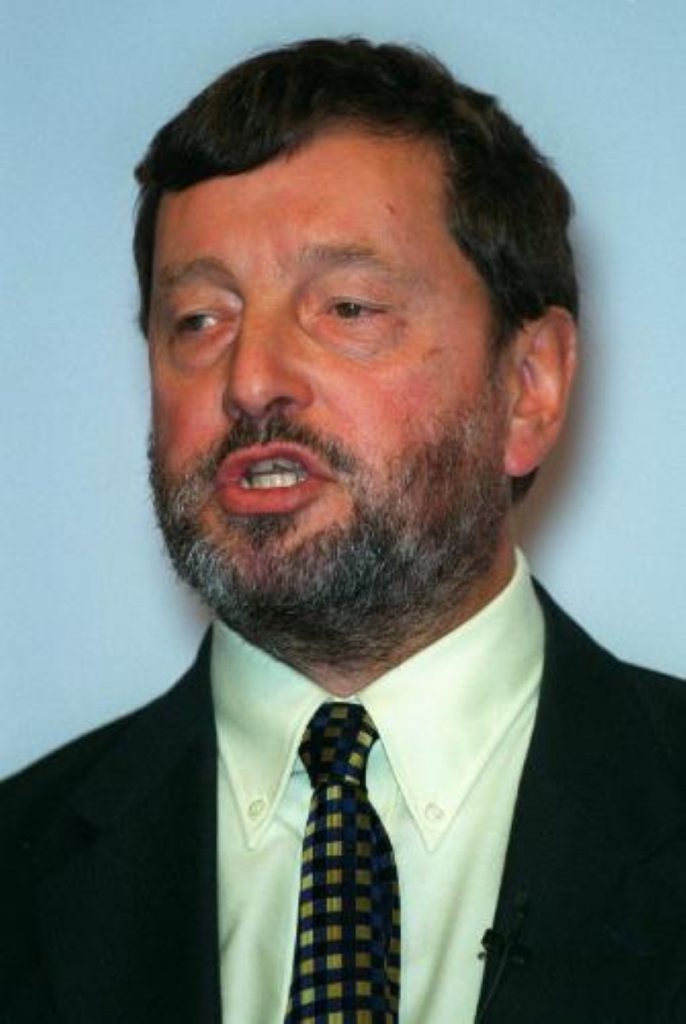Blunkett accepts “serious failure” in visa system
The Home Secretary has accepted criticisms of the Government’s handling of visa applications from Eastern Europe.
Two separate reports, one from the National Audit Office and one from civil servant Ken Sutton, both draw attention to failings in the handling of visa applications from Bulgaria and Romania.
David Blunkett pledged action, saying: “The report shows that there were serious failings in how ECAA [European Community Association Agreement] applications for self-employment from Bulgaria and Romania were handled. This is clearly unacceptable and something ministers and managers alike are determined to take responsibility for and sort out.”
Specific concerns raised related to the granting of visas under ECAA, which allows citizens from countries which are not members of the EU, but which are seeking to join, to apply for self-employment visas to work in the EU.


In March the British Consul in Bucharest, James Cameron, wrote to Conservative front bencher David Davis detailing his concerns that the self employment visas were being abused.
He claimed that visas were being fast tracked without adequate checks and accused the Home Office of turning a blind eye to concerns.
The scandal eventually led to the resignation of Immigration Minister Beverley Hughes who had originally told the House she had no knowledge of the allegations, but later admitted the concerns had been raised with her.
Thursday’s report from Ken Sutton said there was evidence that the ECAA category has been exploited, and said there was “a serious failure in the operation of the scheme”.
But it rejects the allegations that the Home Office failed to take action to address the problems or that checks were waved to meet asylum targets.
Confusion over the use template or “pro forma” business plans and the legal background to applications was highlighted in both reports.
The NOA report found that Home Office staff erroneously believed they could not treat Romanian and Bulgarian applicants differently to UK nationals in the set up of businesses, based on their understanding of EU law and its precedents.
However, entry visa staff recommended that applicants could be refused if business plans were unconvincing or evidence of specific skills was not supplied. They told the NAO that “had their standards applied, they would have issued visas to less than ten per cent of the applicants that did actually receive them.”
Mr Sutton’s report found that the Home Office staffs’ view prevailed and because it was entrenched into the organisation’s culture “alternatives were never put to Ministers or senior officials for consideration.”
Responding, to Mr Hutton’s conclusions the Home Secretary noted: “I am pleased, however, that the central allegation made in late March – that the Home Office was aware of systemic organised criminality and did nothing about it – has been proved wrong.
“Neither does the report find that Home Office officials knowingly processed applications based on forged passports, or that they were complacent about organised criminality in Romania and Bulgaria.
“The on-going review of all managed migration routes which we announced two months ago is bringing together policy, operations and intelligence personnel in order to spot trends and tackle problems at an earlier stage, as should have happened in this case.”
Mr Blunkett said he accepted all 15 recommendations of Mr Sutton’s report and has taken additional action including giving entry clearance officers the final say on applications rather than Home Office staff.
New legal guidelines for staff are to be drawn up, those already in the UK under the scheme will be fully investigated and “the relevant Immigration Rules will be rewritten and make clear that applicants will be required to have sufficient funds to support themselves financially while in the UK.”












